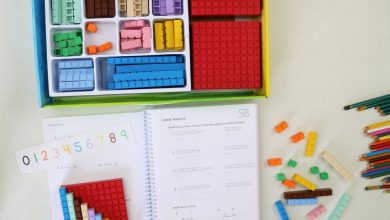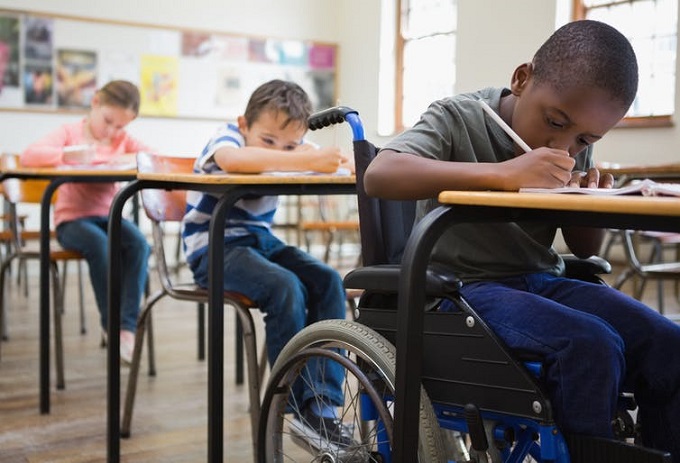Controversy: NAPLAN 2018 results called into question

NAPLAN hit the headlines again this week, with concerns over this year’s results. Students undertook the testing digitally or in the usual written form and education experts are concerned that the results cannot be accurately compared.
Here’s how news outlets reported the controversy:
The ABC’s Natasha Robinson broke the story:
Natasha Robinson, ABC
The NAPLAN results for more than 1 million children have been caught up in controversy as education heads raise the alarm that it may not be possible to compare scores across the country.
Key points:
- NAPLAN results delayed over concerns national data could be invalid
- State and territory education heads have raised concerns results are not comparable
- Parents and educators are waiting for results that are “sitting on the shelves”
The national assessment authority, ACARA, was due to publish a summary of the preliminary NAPLAN results of 1 million students today, but there is disagreement between some states and the authority over how scores should be publicly reported.
A confidential document seen by the ABC reveals ACARA has been canvassing options for how and when to report this year’s results since June and the implications of each one, including the “reputational risk” to the national testing body, NAPLAN and My School data.
The ABC understands no agreement was reached and several state department heads questioned whether data was statistically comparable between the new online tests and the pen-and-paper version after seeing their students’ test scores.
The education bosses will meet with ACARA in Canberra today to try and resolve the impasse.
Principals are now speaking out about the uncertainty, saying they are concerned the data will be delayed further.
“Parents are asking when the results are coming,” said Julie Ross, the principal of Kogarah High School in Sydney’s south.
“I have to throw my hands up and say ‘look I’m sorry, I can’t tell you.’ There’s a lot of disquiet.”
Fairfax also reported on the matter:
Jordan Baker, The Sydney Morning Herald
For the first time in 10 years, the MySchool website might not be able to compare 2018 NAPLAN scores between schools or with previous years amid concerns that the results from the online and pen-and-paper versions of the tests are too different.
State education department heads have questioned whether the two sets of results are statistically comparable after seeing the test scores ahead of the release of a summary of preliminary results, which had been due on Wednesday.
At a meeting of department heads and the Australian Curriculum, Assessment and Reporting Authority (ACARA) last week, three options were canvassed: reporting preliminary results as planned, issuing two separate reports, or not reporting them at all, the ABC reported.
Education department secretaries are in Canberra today for a regular meeting at which the issue is expected to be discussed. Mark Scott, the secretary of the NSW Department of Education, said the tests would still give parents an insight into their own child’s capabilities.
“What we might not be able to do is compare, for example, system-wide performance from this year to last year or previous years,” he told ABC radio. “To compare those who have done the online results to the pen-and-paper results, that might be a bit hard.
“The reports as far as [individual] students are concerned will be accurate and we will certainly be making the case today that these reports should be released as soon as possible.”
However, ACARA chief executive Robert Randall said results were not delayed and would be released “within coming days”. He said extra care had been taken to ensure the data was compatible with previous years.
“ACARA’s data analysts and measurement advisory experts have advised the data is valid and comparable,” he said in a statement.
Fears of incompatibility were raised by principals, parents and teachers before students sat their NAPLAN tests in May.
“We have stated many times since the decision to continue with NAPLAN online even this year, that as far as we were concerned the 2018 comparable data would be meaningless to schools because of the fact that there are so many variables involved,” he said.
“Not only were some kids doing pen and paper, and some doing online. Even in the online environment, there are issues associated with running the test, even assessing writing skills or keyboard skills.
“The minute we had some kids doing it one way and some kids doing it another, it was not like with like.”
The online version of the test, sat at about 500 schools in NSW, was tailored to the students’ ability. If they answered the first stage easily, the questions would become more difficult; if not, the questions would get easier.
The authorities carrying out the online test said it went smoothly, although one official from the NSW Education Standards Authority, which administers the test in NSW, told the EduTECH conference in June that the process highlighted the fact that the digital divide was “real”.
The government’s MySchool website uses NAPLAN results to compare school performance to the national average and to similar schools.
Outside the exam room, debate rages over NAPLAN’s future after teachers and Labor backed NSW Education Minister Rob Stokes’ criticism in May of NAPLAN as outdated and misleading.
This year was the first step in a three-year process to move NAPLAN online.







